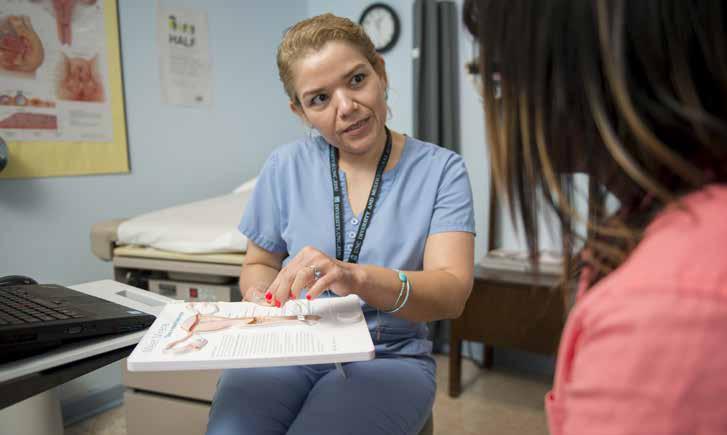
3 minute read
Equity + Our Work
The Buncombe Community Remembrance Project has continued its work during the pandemic. The Project consists of an Essay Contest, a Soil Collection program and the Historical Marker Project Installations, organized in partnership with the Equal Justice Initiative (EJI) in Montgomery, AL. The Martin Luther King, Jr. Association of Asheville and Buncombe County has organized workgroups led by volunteers who are pivoting from the essays and soil collection to focusing on community healing through truth telling, educational programming, reconciliation events, and transforming narratives. While the general call for volunteers has ended, there is still a need for individuals to assist with these activities.
Historical Marker Project Installations are scheduled for midSeptember. The Steering Committee is monitoring the uptick in COVID-19 cases but hopes to plan a trip to Montgomery in late fall. Tax-deductible donations will support those who need financial support to participate.
Learn More and Volunteer
mlkasheville.org/activities/remembrance-project.
Donate Online
cfwnc.org
Photo courtesy of Buncombe Community Remembrance Project
Women for Women Broadens Grant Focus
CFWNC’s Women for Women (WFW) giving circle awarded seven grants in May totaling $310,000; $61,500 came from The Women’s Fund. In its 16th year of making grants, WFW has invested more than $4.4 million in WNC women and girls. Like so many, WFW members were profoundly influenced by the pandemic and calls for racial justice. Steering Committee member Carrie Coward and member Lyndi Hewitt agreed to co-chair a task force to educate members about DEI issues related to philanthropy and to craft a diversity statement to inform grantmaking, advocacy, operations and membership. This year, WFW adopted the following representing their collective values and aspirations:
In our efforts to support and enhance the lives of women and girls, we consider the intersecting negative impacts of poverty, violence, racism, sexism, ableism, and other systemic sources of injustice. We commit to continual listening and critical reflection on our grantmaking, advocacy, and communication, and strive toward purposeful action to ensure alignment between our values and practices. “Beginning in 2021, we broadened our focus and employed our values to further define what we are

Photo courtesy of Planned Parenthood
willing to fund,” explained Lisa Sousa, WFW Program Administrator. “As a result, we reached a more diverse pool of applicants.” “It is never easy to turn down a request from a deserving organization,” she continued. “We understand how vital funding is, and we take seriously our responsibility to distribute it through a fair process.” The 2021 grants are: $50,000 to Buncombe Partnership for Children for Early Childhood Education Workforce Development to address the extreme shortage of qualified early teachers. $20,000 to High Country Caregivers to expand its Kinship Navigation Program that assists grandmothers caring for their grandchildren in Yancey County. $50,000 to Jewish Family Services to expand its mental health counseling services into Henderson, Haywood and Madison counties.
$50,000 to Planned Parenthood South Atlantic to provide essential reproductive and sexual health services and comprehensive sexuality education programming in WNC. $50,000 to Smart Start of Transylvania County to expand its Family Connects program that provides medical and parenting support to families of newborns. $40,000 to Thompson Child & Family Focus to expand its foster care program in WNC through the addition of 40 new foster homes to support 60 hard-to-place youth. $50,000 to YWCA of Asheville to support “Getting Ahead in a Just-Gettin’-By World,” an evidence-based program that builds economic independence and self-sufficiency. WFW always welcomes new members. Information at: cfwnc.org/initiatives/women-for-women or contact Lisa Sousa at sousa@cfwnc.org or 828-367-9919.

Photo by Natural Craft Photography, courtesy of High Country Caregivers










